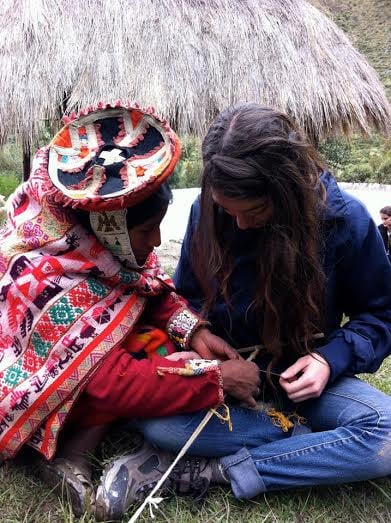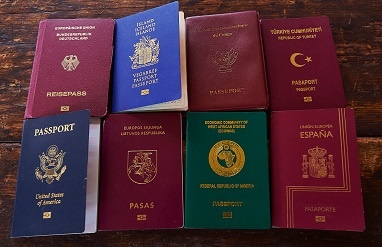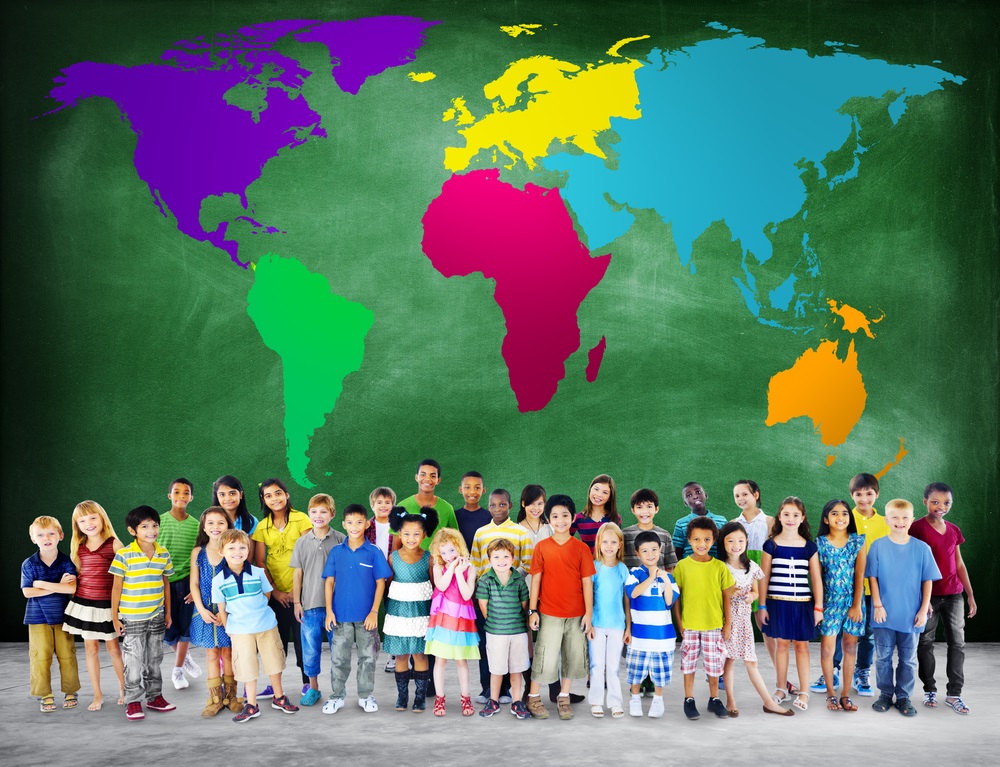This is the final article in a three-part series about raising global citizens, started last spring for this blog.
Now that you have fostered curiosity and exploration during the early childhood years and focused on supporting your tween in figuring out self-identity in relation to others, you’re ready to help your teenager become a world citizen. By the time they reach adolescence, young people have a pretty solid understanding of the things that set them apart as individuals and how they fit into the larger community beyond your family unit. They also have clear ideas of their passions and inclinations, while continuing to discover the wonders and challenges of the world around them.These are the years in which travel outside the family unit becomes most attractive - and sometimes indispensable - to the formation of personal ideologies regarding self-identity in relation to global citizenship.
So, how can you support your child’s desire to discover and engage with new communities and cultures beyond their own? How can you ensure these experiences go beyond mere tourist interactions and offer deep and transformative opportunities for your teenager? Here are a few suggestions:







